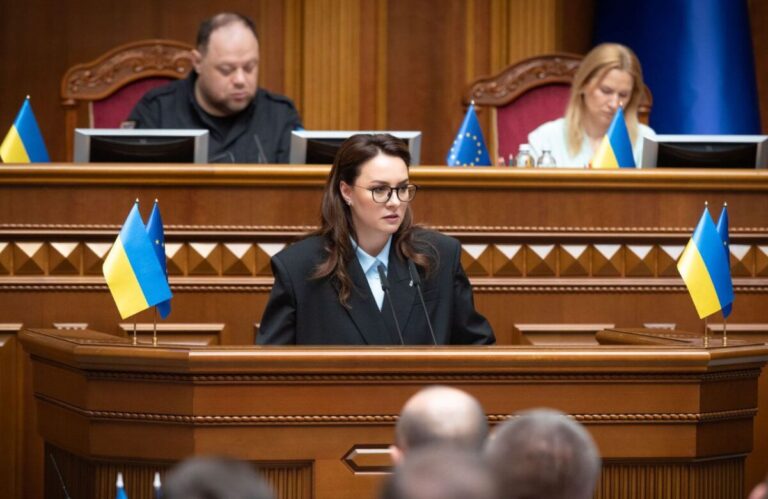
How the NBU and STS Are Changing Currency Supervision in 2025: New Rules for Banks and Business
The State Tax Service (STS) together with the National Bank of Ukraine (NBU) announced the implementation of an updated approach to forming requests that are sent to banking institutions in cases of violation of established settlement deadlines for foreign economic operations. For the first time, the structure of such requests is clearly defined at the legislative level, taking into account the requirements of banking secrecy, which makes it possible to balance the interests of supervisory bodies and financial institutions. This is not just a bureaucratic change. The new rules have a direct impact on legal certainty and the quality of communication between all market participants. This accuracy and predictability make it possible to speak about real trust in the financial system.
One of the key elements of the new approach is the obligation for banks to provide full, accurate, and timely responses to tax authority requests. The STS directly emphasizes: “Such an approach will improve analytical work, increase the transparency of financial operations, and strengthen trust in Ukraine’s financial system.” This means that any formal or incomplete responses are becoming a thing of the past: banks must provide maximum detail and promptly respond to inquiries from supervisory authorities.
This principle raises the level of mutual responsibility. On the one hand, the state receives instruments for high-quality control over foreign economic transactions. On the other hand, banks have clear guidelines on exactly how and within what time frame to provide information without risking violations of banking secrecy legislation.
Real Control Over Foreign Economic Operations: Combating Illegal Currency Outflows
The essence of the joint initiative of the STS and the NBU is to increase the effectiveness of currency supervision and to prevent the illegal outflow of currency funds from Ukraine.
The tax authority emphasizes: “The joint work of the STS and the NBU is aimed at increasing the effectiveness of currency supervision, the transparency of financial operations, and preventing the illegal outflow of currency funds from Ukraine.”
This issue concerns not only fiscal security, but also macroeconomic stability. Transparent currency control creates conditions in which transferring funds outside the country becomes increasingly difficult, and violations of settlement deadlines for foreign economic contracts are subject to swift and targeted regulatory response.
Updated NBU Regulatory Approaches: A New Logic of Supervision
In parallel with the reform of requests, the NBU has clarified the procedures for organizing and conducting supervision in the field of financial monitoring, currency supervision, and sanctions. The new rules specify:
- the conditions for extending the deadlines for scheduled and unscheduled on-site inspections;
- the deadlines for submitting an action plan to eliminate violations;
- the formats for providing certificates and inspection reports (paper and electronic).
The NBU emphasizes that such changes are introduced “in order to increase the efficiency of supervision and reduce the burden on banks and non-bank institutions during supervisory procedures.”
These innovations came into force on June 24, 2025.
Public Oversight and Further Liberalization
It is also important to note the NBU’s openness to discussing draft regulations and legal acts. This allows market participants to influence the formation of future rules, raising the level of public trust in the financial sector. Discussions on currency supervision and sanctions policy involve the banking community, business, and independent experts.
The implementation of the updated request structure and the renewed logic of currency supervision is not just another bureaucratic innovation. This is a systemic step toward greater transparency, reducing the risks of illegal capital outflows, and strengthening financial discipline in the country.
Each of these elements, from the detailed structure of requests to open electronic services and clear regulatory responsibilities, is shaping a new quality for the financial market.
It is precisely due to such steps that Ukraine is gradually moving closer to European standards of supervision and control, and business and banks are receiving clear, understandable rules that work to protect the interests of all market participants.
From the position of a finance specialist, I can state: systemic transparency, timely response, and legal certainty are the key tools that form a modern banking ecosystem and ensure its resilience even in times of crisis.













